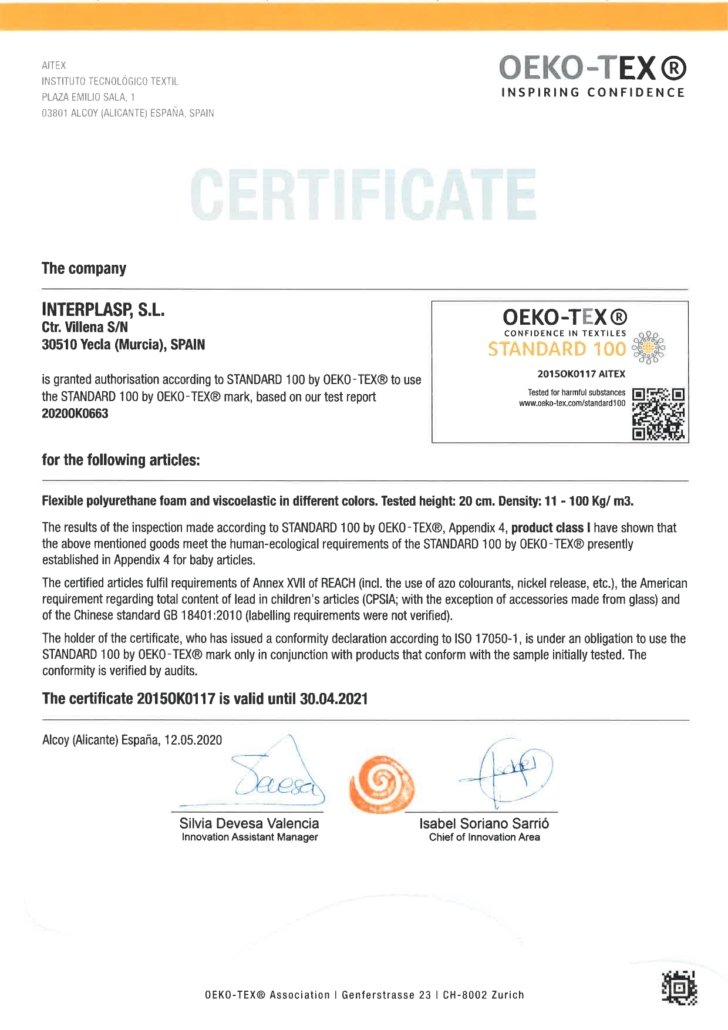Fire Safety in the Workplace: Renewals with Best Practices
Fire Safety in the Workplace: Renewals with Best Practices
Blog Article
Ensuring a safe workplace isn’t just a legal obligation—it’s a moral one, protecting employees, clients, and property.
We’ll explain why training matters, how to prepare for inspections, and what best practices help businesses stay compliant year after year.
Read on to discover how to navigate certification renewals with confidence.
Why Fire Safety Matters in US Offices
Fires can happen anywhere, and offices are no exception.
Investing in proper fire safety measures is not just about meeting legal codes; it’s about creating a culture of care and preparedness.
Failure to comply can result in severe fines, legal liability, or even closure.
Understanding Fire Warden (Brigade) Training Requirements
This training is essential for ensuring that offices can respond quickly and safely if a fire breaks out.
Employers are responsible for selecting suitable fire wardens and ensuring they receive regular training updates.
Look for programs aligned with OSHA standards, NFPA guidelines, and local fire codes.
Keeping Fire Safety Documentation and Certifications Up to Date
These certifications confirm that the office has adequate fire alarms, extinguishers, evacuation plans, signage, and trained personnel in place.
To prepare, start by conducting an internal audit.
Certification isn’t a one-time event—renewals are typically required every few years or after major renovations or occupancy changes.

Ongoing Strategies for Workplace Fire Prevention
Fire safety isn’t just about passing inspections—it’s about maintaining vigilance every day.
Post updated evacuation maps in visible locations, especially near elevators, stairwells, and communal areas.
Employee engagement matters too.
Understanding the Risks of Non-Compliance in Fire Safety
Failing to meet fire safety standards can have severe legal and financial consequences for US businesses.
In the event of a fire, inadequate documentation or proven negligence may result in denied claims, leaving businesses to cover damages out of pocket.
By prioritizing fire safety, businesses demonstrate responsibility and reduce the risks of costly legal and financial setbacks.

Final Thoughts on Office Fire Safety
Whether you run a small office or a large corporate campus, robust fire safety strategies are a non-negotiable part of doing business.
Fire safety readiness is a powerful signal of professionalism and care.
As fire risks evolve and workplace environments change, staying proactive is essential.
FAQ About Office Fire Safety
Who needs fire warden training in a US office?
Typically, designated employees such as team leads, managers, or safety officers receive fire warden training.
How often should fire safety certifications be renewed?
Some certifications also need updates after renovations, equipment changes, or occupancy shifts.
What should companies watch out for to prevent fires?
Good housekeeping and equipment maintenance are key to fire prevention.
Can non-compliance void my business insurance?
Insurance companies often require proof of fire safety compliance, including certifications, equipment maintenance, and training records.
How do I write an effective workplace fire plan?
A good fire safety plan includes evacuation routes, assembly points, alarm procedures, roles for fire wardens, communication protocols, and equipment locations.
saber mais normas de incêndio normas de incêndio Report this page